Backend Development
2 min Read . 5 May 2025
Implementing Role-Based Permission Authentication in Spring Boot with PostgreSQL

Rushanthan Puvanendrarasa
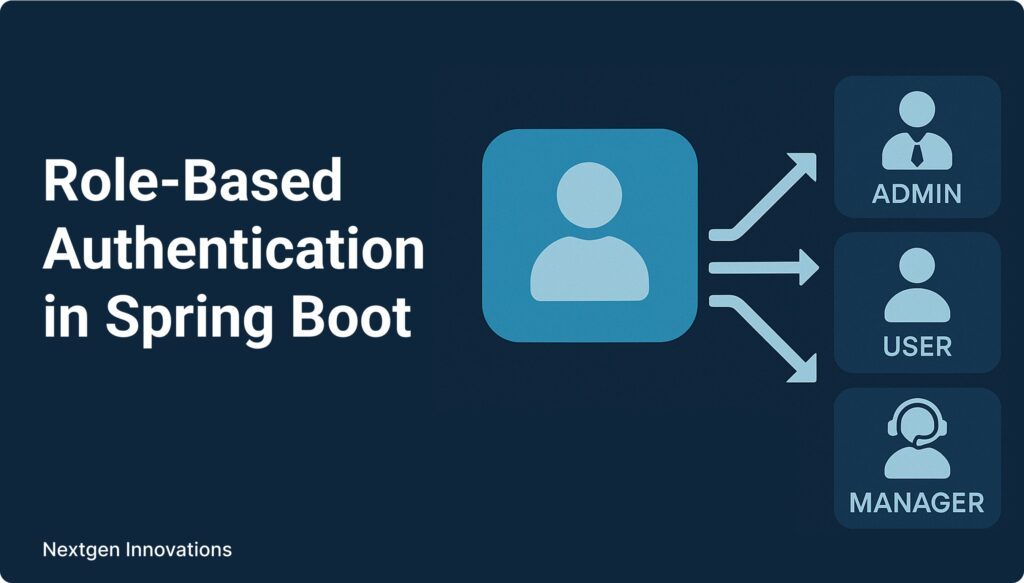
Role-based access control (RBAC) is a fundamental security mechanism in modern web applications. It allows developers to restrict access to resources and actions based on the roles assigned to users. In this article, we’ll walk through how to implement role-based permission authentication in a Spring Boot application using Gradle as the build tool and PostgreSQL as the database.
What is Role-Based Access Control (RBAC)?
RBAC is a security model that manages user access by assigning roles to users and defining permissions for each role. Users can only access resources or perform actions that their roles permit, simplifying user management and enhancing security. For example, an admin might have full access, while a regular user can only view or edit specific data.
Step 1: Project Setup
Add the following dependencies to your build.gradle:
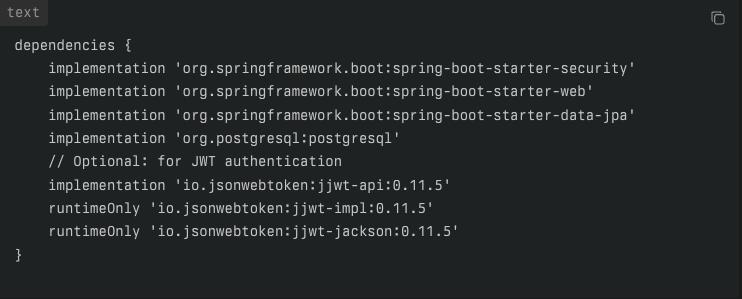
Configure your PostgreSQL connection in application.properties:

Step 2: Database Schema
Create the necessary tables for users, roles, and their relationships:
sql
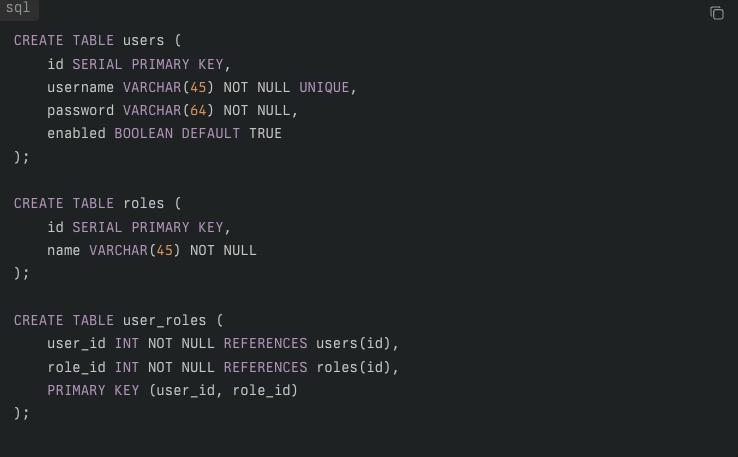
Insert initial roles:

You can then register users and assign roles via your application.
Step 3: Entity Classes
User Entity:
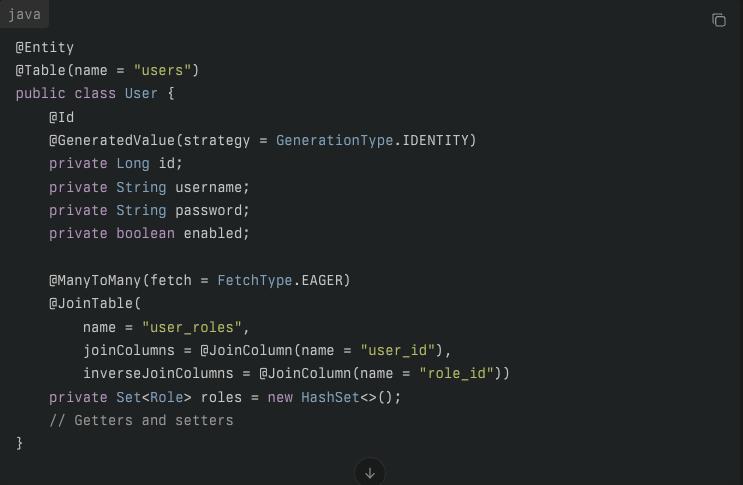
Role Entity:
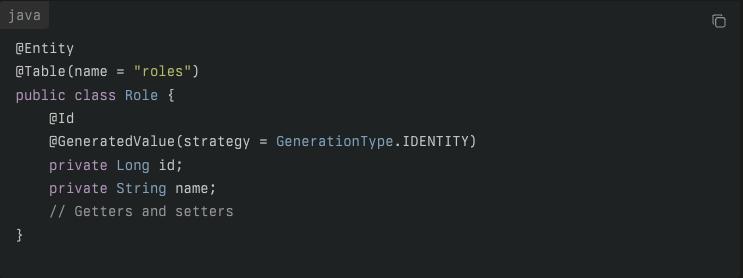
Step 4: Repository and Custom UserDetailsService
User Repository:

Custom UserDetailsService:
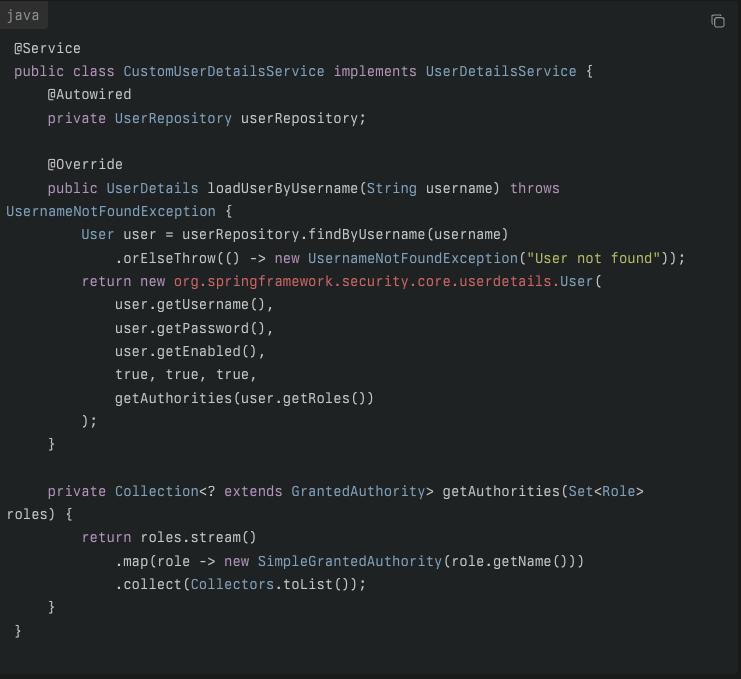
Step 5: Security Configuration
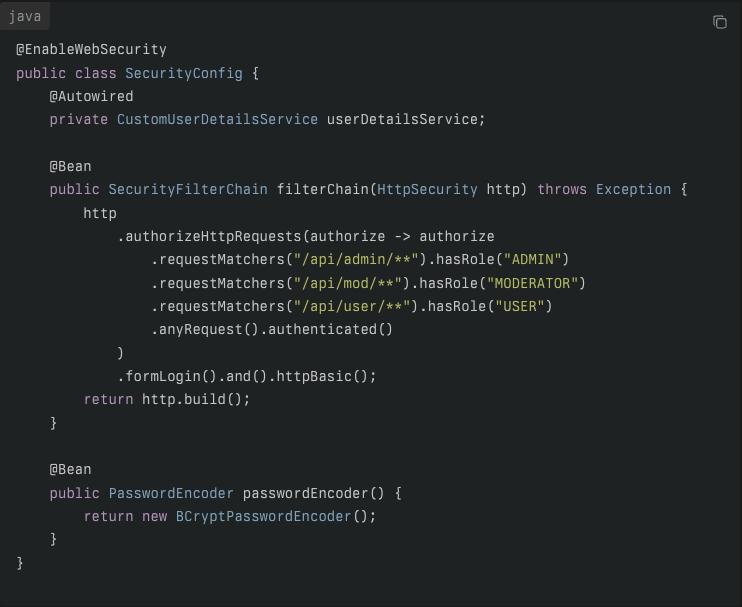
Step 6: Testing Authentication
- Register users via a /signup endpoint.
- Login with credentials.
- Access protected endpoints based on roles:
- /api/admin/hello for admins
- /api/mod/hello for moderators
- /api/user/hello for users
Conclusion
Implementing role-based authentication in a Spring Boot Gradle project is straightforward with Spring Security. By defining roles and configuring access rules, you ensure your application is secure and maintainable. For production, consider JWT and database-backed user management for scalability and security.
Our Blog
Resources and insights
The latest industry news, interviews, technologies, and resources.
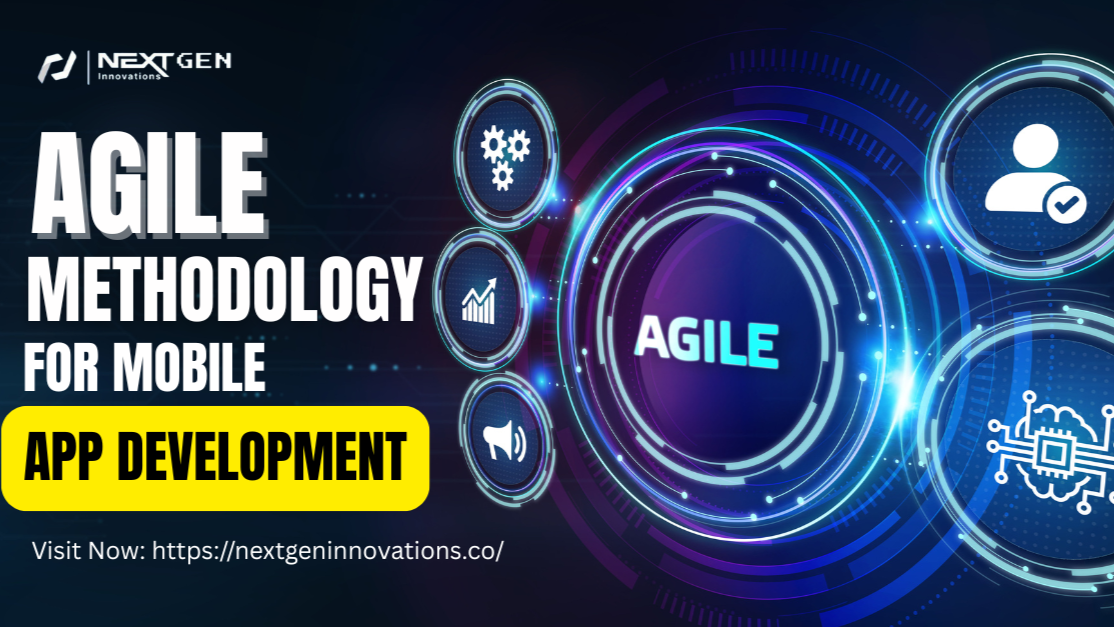
Mobile App Development
Agile Methodology for Mobile App Development
Agile’s flexibility and speed make it ideal for mobile apps—enabling faster releases, real-time feedback, and continuous improvement.
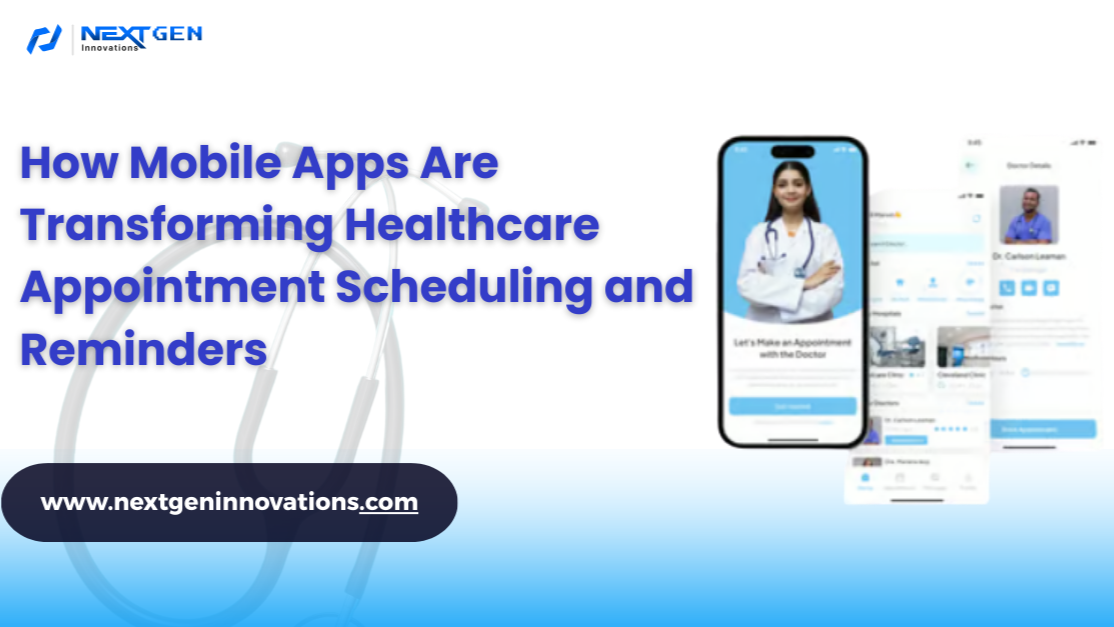
HealthTech & Mobile Solutions
How Mobile Apps Improve Healthcare Scheduling
Mobile apps are transforming healthcare by simplifying appointment bookings and reducing no-shows.
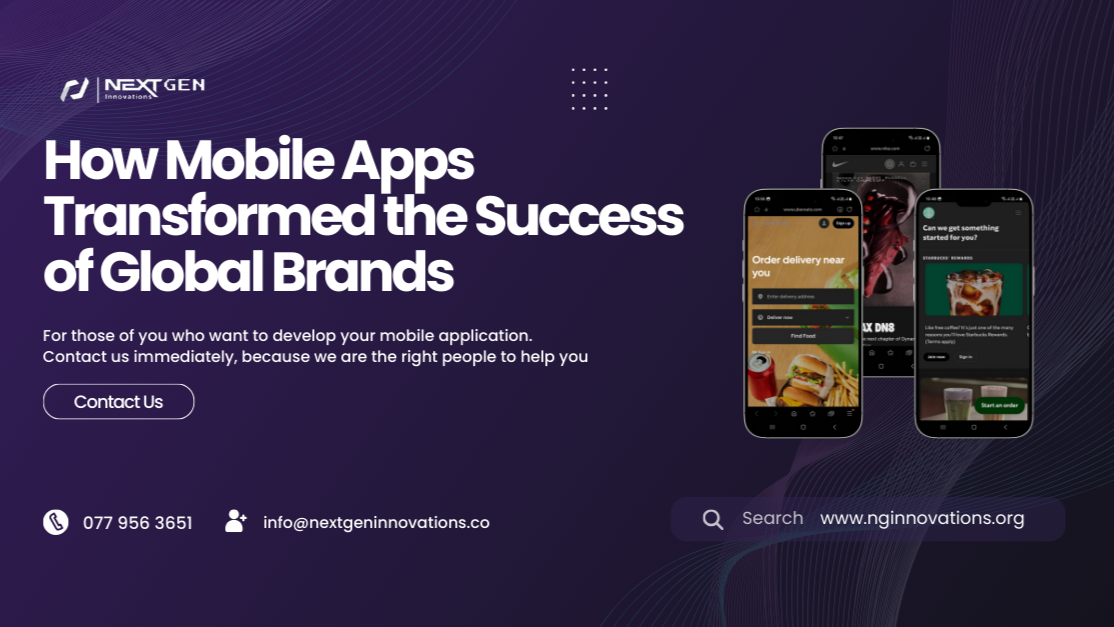
Digital Innovation & Mobile Trends
How Mobile Apps Transformed the Success of Global Brands
Discover how Nike, Starbucks, and Uber use mobile apps to boost sales, improve customer experience, and build loyalty.
